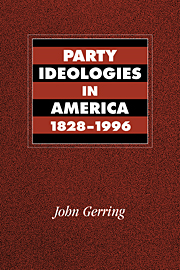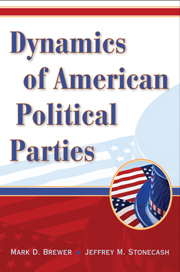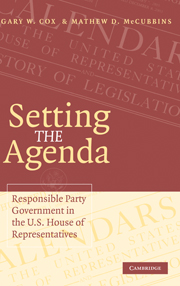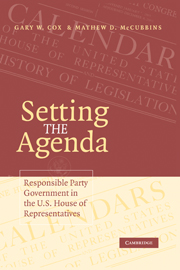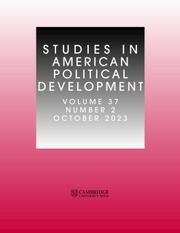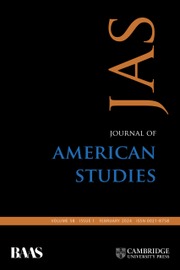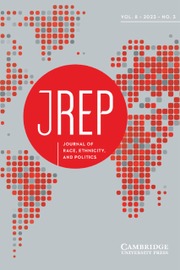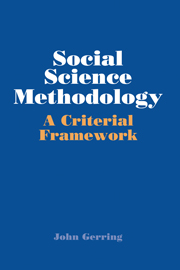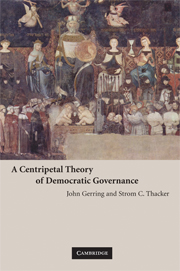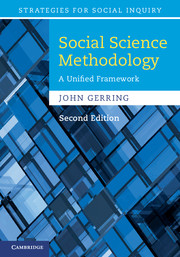Party Ideologies in America, 1828–1996
This book, first published in 1998, challenges traditional notions of American party politics and political culture. Usually, American politics is looked upon as relatively consensual and nonideological. Professor Gerring argues, instead, that the major parties have articulated views that were coherent, differentiated, and stable. American party history, and by extension American political history at-large, has been irreducibly ideological. The argument rests on evidence provided by election rhetoric - speeches, party platforms, and other campaign tracts disseminated by party leaders during presidential campaigns. With these texts Professor Gerring traces the values, beliefs, and issue-positions which have defined party life from the 1830s to the 1990s. Party Ideologies in America, 1828–1996 thus presents an historical synthesis of mainstream party politics from the birth of competitive parties to the present.
- An empirically-based, broad historical study of American party ideologies
- Argues ideology has played larger role in America political life than previously thought
- Addresses questions central to American political life
Reviews & endorsements
"Party Ideologies in America is a pathbreaking effort at synthesizing dominant ideological themes in the history of the Whig/Republican and Democratic parties from the beginning of a true party system more than 170 years ago to the present time." Journal of American History
"...a thoughtful, provocative, and generally persuasive historical analysis of national party ideologies from the formative period of lastingly competitive two-party politics into the present epoch." Samuel T. McSeveney
"The central thesis of Gerring's engaging book is that American political parties have, and historically have had, consistent ideological differences of no lesser average magnitude that those in putatively more ideological European settings." Bert A. Rockman, Journal of Interdisciplinary History
"The quantitative data derived from content analysis of party platforms and speeches by presidential counterweigh the accumulated judgements of generations of scholars, but Gerring's work deserves serious reflection by all students of US political parties." Choice
Product details
February 2001Paperback
9780521785907
352 pages
229 × 154 × 24 mm
0.473kg
19 b/w illus. 2 tables
Available
Table of Contents
- Part I. Introduction:
- 1. Argument
- 2. Rethinking the ideology debate
- Part II. The Whig-Republican Party:
- 3. The national epoch (1828–1924)
- 4. The neoliberal epoch (1928–92)
- Part III. The Democratic Party:
- 5. The Jeffersonian epoch (1828–92)
- 6. The populist epoch (1896–1948)
- 7. The universalist epoch (1952–92)
- Part IV. Conclusion:
- 8. What drives ideology change?
- 9. Does ideology matter?
- Epilogue.

